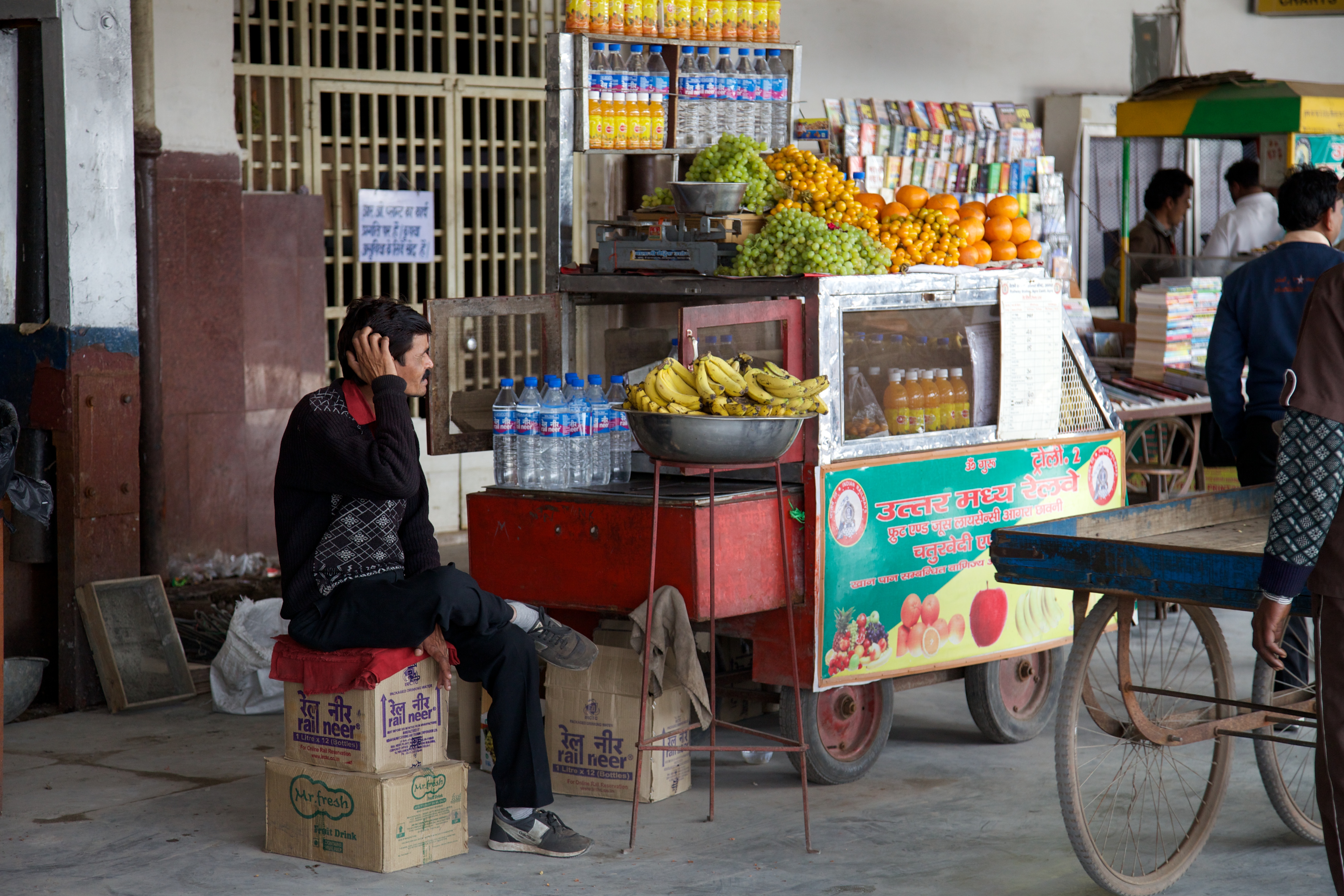Railways to Use Excess Water From Coal Mines to Make Bottled Rail Neer
These coal mines produce over 5,700 lakh cusecs of water every year, of which they utilise 2,589 lakh cusecs for their own use such as at coal washeries and for agricultural purposes and supply 1,091 lakh cusecs to local communities around the mines. Even after all this, they end up with a surplus of around 2,036.5 lakh cusec per year.

In 2016, Rail Neer, which is the brand of bottled water provided by Indian Railways to its passengers, was awarded the title of ‘India’s Most Trusted Brand for 2016,′ in the packaged drinking water segment, by IBC Infomedia Private Ltd.
There are six Rail Neer plants located in India — Danapur (Bihar), Nangloi (Delhi), Palur (Tamil Nadu), Ambernath (Maharashtra), Amethi (Uttar Pradesh), and Parassala (Kerala). These bottling plants have a combined capacity of producing 6.14 lakh bottles per day.
As per a statement issued by The Indian Railway Catering and Tourism Corporation (IRCTC), Coal India (CIL) and IRCTC are joining hands for a project that will use excess groundwater from CIL’s mines in Argada, near Ranchi.
These coal mines produce over 5,700 lakh cusecs of water every year, of which they utilise 2,589 lakh cusecs for their own use such as at coal washeries and for agricultural purposes and supply 1,091 lakh cusecs to local communities around the mines. Even after all this, they end up with a surplus of around 2,036.5 lakh cusec per year.
The idea was mooted during railway minister Piyush Goyal’s meeting with all senior officials of the carrier earlier this year.

Photo Source
“Water will be supplied from the adjoining coal mines to this plant for purification. Mines have surplus groundwater which comes out as a result of coal extraction,” said a railway official in a report in Financial Express.
The Financial Express reports that the Ranchi bottling plant is expected to produce 1 lakh litres of potable water every day.
Apart from the plan with CIL, the Indian Railways separately opened tenders for another seven Rail Neer plants in November, and three plants in Vishakhapatnam, Kota, and Bhubaneshwar respectively, with a combined installed capacity of 2.7 lakh litre of packaged water per day, are expected to be commissioned by March 2019.
Like this story? Or have something to share?
Write to us: [email protected]
Connect with us on Facebook and Twitter.
NEW: Click here to get positive news on WhatsApp!
If you found our stories insightful, informative, or even just enjoyable, we invite you to consider making a voluntary payment to support the work we do at The Better India. Your contribution helps us continue producing quality content that educates, inspires, and drives positive change.
Choose one of the payment options below for your contribution-
By paying for the stories you value, you directly contribute to sustaining our efforts focused on making a difference in the world. Together, let’s ensure that impactful stories continue to be told and shared, enriching lives and communities alike.
Thank you for your support. Here are some frequently asked questions you might find helpful to know why you are contributing?


This story made me
-
97
-
121
-
89
-
167











